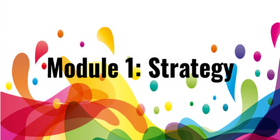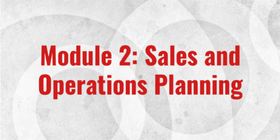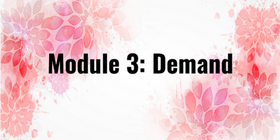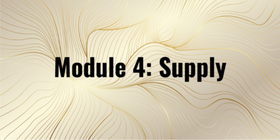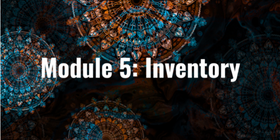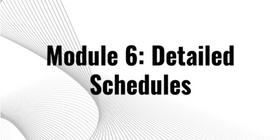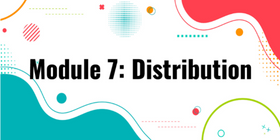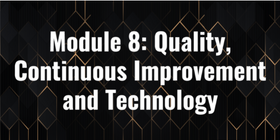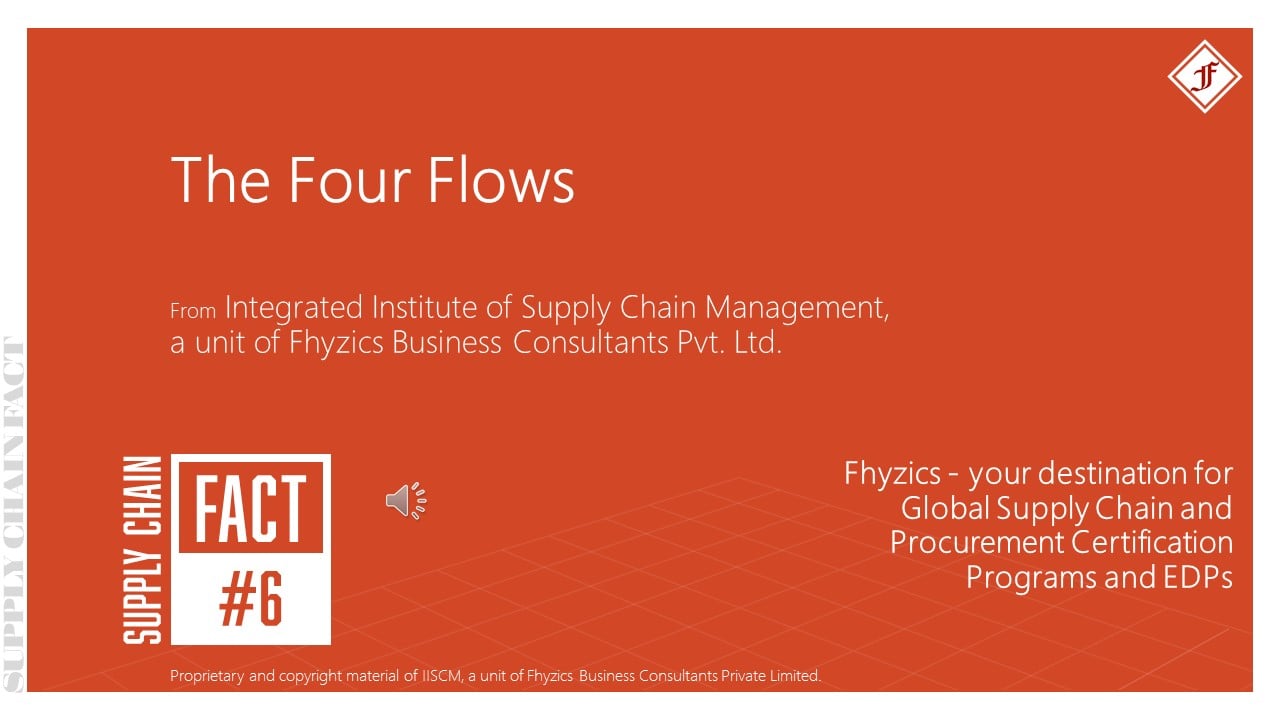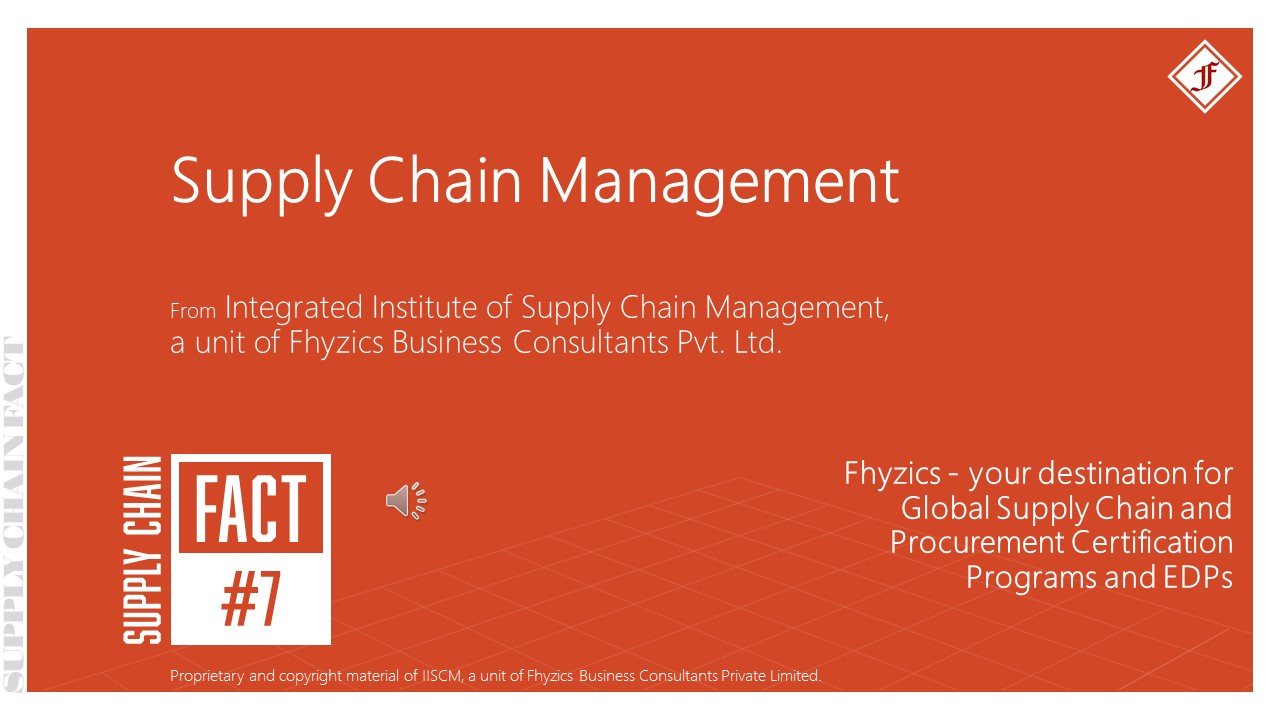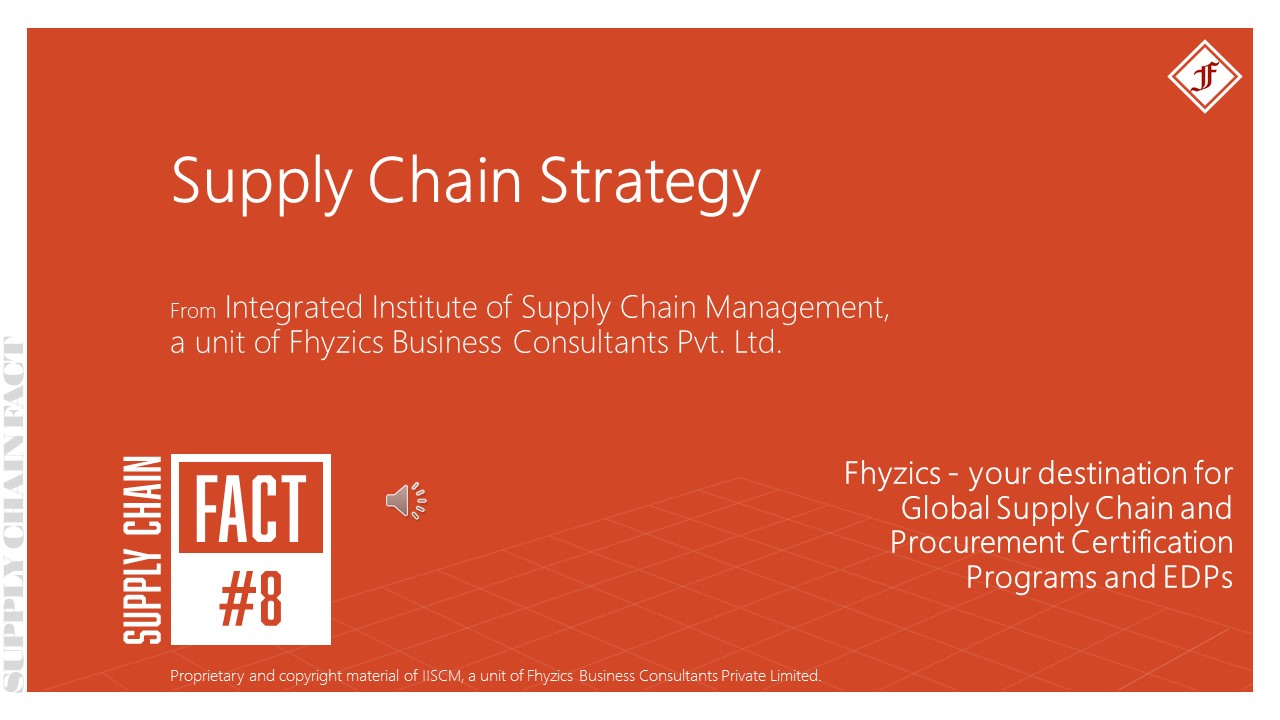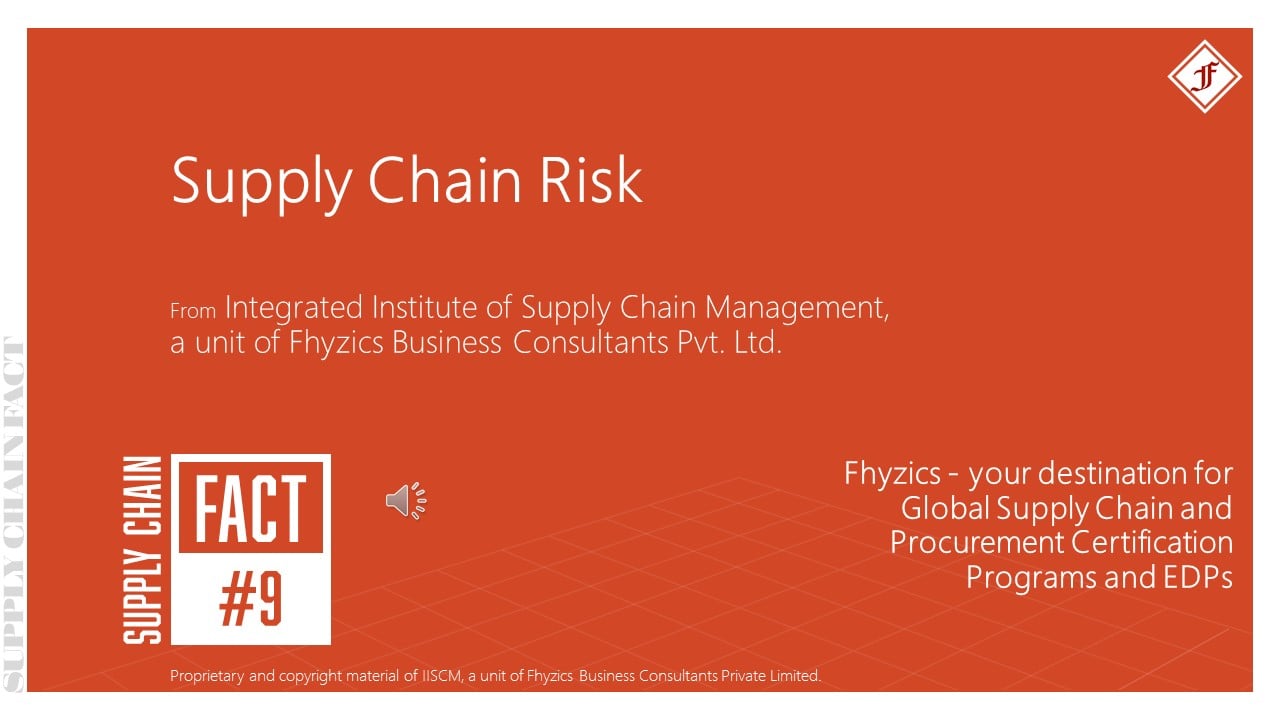CPIM = The Leader in Planning, Production, and Inventory Management since 1973

Master the World’s Leading Manufacturing, Planning, and Control Framework

Imbibe the Global Best Practices in Internal Supply Chain Management

CPIM Programs
CPIM: Fhyzics CPIM training is a twenty-week, fourty-hours, live instructor-led online program. The program is held on Saturdays from 3:00 PM to 5:00 PM (Indian Standard Time) with a ten-minutes break. Venkadesh Narayanan, CPIM, CSCP, is the lead faculty at Fhyzics, supported by associate faculties who are also CPIM certified. The program includes ASCM Membership, One CPIM Textbooks, One-Year Access to the ASCM Online Portal, One-Year Access to Fhyzics LMS, Examination Credit, and Recertification Guidance (applicable on payment of full fees per the above estimate).
Upcoming CPIM Program Date
08-November-2025 [Saturday]


Venkadesh Narayanan
APICS Recognised Instructor
He is a Mechanical Engineer and an MBA with over 30 years of experience in Supply Chain Consulting and SCM Training. He is a former member of the Indian Civil Services (IRAS 2000 Batch). Venkadesh Narayanan is the Principal Consultant at Fhyzics Business Consultants Pvt. Ltd. and holds professional certifications such as CSCP, CPIM, CIOP, CPSE, NPDP, CBAP, CPP, CPRE-FL, and PMI-PBA. You are most welcome to be part of his LinkedIn network.
LinkedIn Profile
CPIM Self-Study
CPIM aspirants may buy the CPIM Learning System and Examination Credits directly through ASCM Portal. When purchasing CPIM Examination Credit, please enter Referral Code XEFHYZ88 to receive CPIM Recertification Guidance for life. Please share the screenshot for faster processing.
Unlock your path to supply chain excellence with Fhyzics! Buy the ASCM Membership, CPIM Learning System, CPIM Examination, or the CPIM Bundle (including 2 CPIM examination attempts) from Fhyzics, and enjoy a complimentary one-month access to our CPIM Learning Management System (LMS). With over 5000 questions and 3 full-length CPIM mock exams, our comprehensive LMS will significantly boost your preparation and increase your chances of acing the CPIM exam. Don’t miss this opportunity to enhance your career—join the global network of certified supply chain professionals today with Fhyzics!
Session Snapshots
Excerpts from Some of Our Supply Chain Sessions
CPIM Program Highlights
CPIM taught by Venkadesh Narayanan has over 30 years of experience in SCM.
The session is taught using smart board, so you will get access to the notes written by
faculty.
You will get more resources to master the supply chain concepts.
We continue to support keeping your CPIM credential in good standing.
Hours of Training
CPIM Mock Examinations
CPIM Multiple-Choice Questions
CPIM Top 20 Concepts Series
Supply Chain, MPC, and SCOR DS Road Maps
Strategy Road Map
Mission, Vision, and Values
Analyzing the External Environment
Analyzing the Internal Environment
Strategic Scope
Customer Segments and Strategic Objectives
Order Qualifiers and Winners
Generic Strategies
Executing, Monitoring, and Changing Strategy
Analysis for Functional and Operational Strategies
Capacity, Marketing, and Supply Chain Strategies
Functional and Operational Strategies
Aligning Facility Strategy
Push-Pull Strategy and Manufacturing Environment
Product-Process Matrix
Determining Process Type and Layout
Service Design and Project Management for ETO or Improvements
Performance Monitoring Systems
Strategic, Financial, and Operational Metrics
Risk Management Process
Identifying, Assessing, and Managing Risks
Business Planning and Capital Budgeting
Total Productive Maintenance and Health, Safety, and Environment
Sustainability Road Map
Sustainability Strategy and Standards
Impact, Mitigation, Metrics, and Reporting
S&OP Road Map and Key Linkages
S&OP Roles and Process
Integrating and Balancing Roles of S&OP
Aggregate Demand and Supply Plans
Production Planning Grid and Production Methods
Resource Planning, HR, and Strategic Buffers
Synchronizing Supply and Demand
Tradeoffs, Alternatives, and Approved Plan
Demand Management Road Map
Customer Relationship Management
Customer Service Methods
Customer Metrics
Influencing Demand and Product Designs
Demand Channels and Sources
Forecasting Road Map and Selection
Qualitative Forecasting
Quantitative Forecasting
Evaluating Forecast Performance
Forecast Management
Master Scheduling Road Map
Environment and Product Structure Impact on Master Scheduling
Creating the MPS
Rough-Cut Capacity Planning and MPS Validation
Using the Master Schedule
Maintaining the Master Schedule
MRP Road Map and Design
MRP Inputs, Process, and Outputs
Using and Managing MRP
Capacity Requirements Planning
MRP-Based Scheduling
Final Assembly Scheduling
Supply and Purchasing Planning
Supplier Relationships and Strategies
Capable Suppliers and Contracts
Purchasing Cycle and Contract Buying
Supplier Maintenance
Replanning and Revision
Product Life Cycle Management
Detailed Scheduling and Throughput
Production Activity Control
Intermittent/Flow Manufacturing, Scheduling, and PAC
MRP-Based Scheduling and PAC
Lean Environments, Scheduling, and PAC
TOC Scheduling and PAC
Nonstandard Demand
Capacity Planning and Service Capacity
Capacity Requirements Planning (CRP)
Labor/Production Scheduling and Managing HR
Execution and Capacity Performance
Purposes and Goals of Inventory
Inventory Types and Classifications
Inventory Policy
Inventory Costs and Risk Pooling
Basic Accounting and Inventory
Costing
Managing Product Costs
Push or Pull Replenishment
Economic Order Quantity and Lot-Size Rules
Safety Stock and Safety Lead Time
Special Inventory and Overhaul Supplies
Inventory Storage, Flow, and Handling
Inventory Accuracy
Inventory Traceability
Distribution and Inventory Planning
Network Configuration
Distribution Plans
Warehousing
Transportation
Replenishment Planning
Distribution Requirements Planning
Inventory Tracking Technology and Distribution Performance
Customer Order Management
Waste Hierarchy
Reverse Logistics and Product Disposition
Quality Planning and Assurance/Control
Measuring Quality Costs
Quality Tools
Requirements, Gap Analysis, and Selection
Implementing and Maintaining Technologies
Technologies
Continuous Improvement Strategies
Lean
Employee Empowerment
Relationship Improvement Tools
Structured Problem-Solving Tools
Additional Process Improvement Tools
Work Area Design
Process Variation
Frequently Asked Questions
We’d like to answers all your queries related to CPIM
Q1. About Fhyzics
Fhyzics Business Consultants Pvt. Ltd. – a boutique business consulting firm specialising in supply chain management, procurement, business analysis and new product development. Fhyzics offers consulting, certifications, and civil services training and conducts conferences. Fhyzics represents the Association of Supply Chain Management (ASCM/APICS), USA; Chartered Institute of Procurement and Supply (CIPS), UK; EEP of International Institute of Business Analysis, IIBA, Canada; REP of International Requirements Engineering Board, IREB, Germany; Indian Affl. of Product Development and Management Association, PDMA, USA.
Q2. List of certifications offered by Fhyzics
Certified Supply Chain Professional (CSCP), ASCM/APICS, USA.
Certified in Planning and Inventory Management (CPIM), ASCM/APICS, USA.
Certified in Logistics, Transportation and Distribution (CLTD), ASCM/APICS, USA.
Certified Inventory Optimization Professional (CIOP), IISCM, India.
Certified Beginner in Supply Chain (CBSC), IISCM, India
Warehouse Design and Operations Professional (WDOP), IISCM, India
Diploma in Procurement and Supply (CIPS L4), CIPS, UK
Advanced Certificate in Procurement and Supply Operations (CIPS L3), CIPS, UK
Certificate in Supply and Operations (CIPS L2), CIPS, UK
Advanced Diploma in Procurement and Supply (CIPS L5), CIPS, UK
Professional Diploma in Procurement and Supply (CIPS L6), CIPS, UK
Certified Professional in Sourcing Excellence (CPSE), IISCM, India
Certified Business Analysis Professional (CBAP), IIBA, Canada
Certification of Capability in Business Analysis (CCBA), IIBA, Canada
Entry Certificate in Business Analysis (ECBA), IIBA, Canada
Certified Professional for Requirements Engineering (CPRE-FL), IREB, Germany
New Product Development Professional (NPDP), PDMA, USA
Q3. Where can I find the complete list of certifications offered by Fhyzics?
Please visit our certifications website at www.CertVersity.in
Q4. How to contact the certifications manager?
Click here to schedule a meeting with the certifications manager; speak to her at +91-900-304-9000 or email her at certifications@fhyzics.net.
Q5. How to reach Fhyzics Office?
Click here for the google map link. Our office address is 34 Sigamani Nagar, 3rd Street, Madipakkam, Chennai, INDIA 600091.
Q6. Does Fhyzics offer an EMI scheme for the certifications?
Participants can pay the fee in up to two instalments.
Q7. Do you offer placement assistance?
Q8. Where can I find testimonials from past students?
Please click here to learn more about the testimonials.
Q9. May I speak to your past students for a better understanding?
Yes. Please speak to the certification manager; she will get the past candidates' permission and provide their contact numbers.
Q10. Fhyzics General Conditions of Contract (GCC) for certifications.
Please click here to review Fhyzics General Conditions of Contract (GCC).
Q1. CPIM stands for
Certified in Planning and Inventory Management
Q2. Is Fhyzics an Authorised Channel Partner of APICS/ASCM, USA?
Yes. Fhyzics is an Authorised Channel Partner of APICS/ASCM, USA.
Q3. How many modules are there in CPIM?
There are Fourteen modules in CPIM.
Q4. Is CPIM a single examination?
No. CPIM has two parts of examination.
Q5. How many topics are there in CPIM?
Q6. What are all the steps to achieve CPIM credential?
Check eligibility; Enrol in training program; Become Member; Buy Learning System; Attend Training; Prepare 3X; Practice LMS; Take A SCM Quizzes; Pre -Exam Validation; Book CSCP Exam; Take CPIM Part-1 & Part-2 Exam; Maintain CPIM Credential
Q7. List the topics in CPIM Part-1 Module-1: Supply Chain Overview
Q8. List the topics in CPIM Part-1 Module-2: Fundamentals of Demand Management
Identifying Demand; Collaborative Planning, Forecasting, and Replenishment; Product Development Principles; Independent and Dependent Demand; Demand Characteristics; Principles of Forecasting; Forecasting Techniques; Forecast Error Measurement; Monitoring and Responding to Demand Variation; Reviewing and Revising Forecasts
Q9. List the topics in CPIM Part-1 Module-3: Plan Supply
Master Scheduling; Creating Preliminary Master Schedules; Aggregating Master Schedules; Rough-Cut Capacity Planning; Publishing and Controlling MPS; Material Requirements Planning; Capacity Management Overview; Capacity Requirements Planning Overview; Scheduling; Evolution of MPC Systems
Q10. List the topics in CPIM Part-1 Module-4: Executing the Supply Plan
Purchasing Participants and Objectives; Establishing External Supply; Completing the Purchasing Process; Responding to Supply Disruptions and Changes; Measuring Supplier Performance; Execution and Control; Flow Processes; Batch Processes; Bottleneck Management
Q11. List the topics in CPIM Part-1 Module-5: Inventory Management
Foundations of Inventory; Inventory Targets; Types and Functions of Inventory; Basic Accounting; Inventory Valuation; Safety Stock and Service Levels; Inventory Costs; ABC Classification; Push and Pull Methods; Independent Demand Ordering Systems; Product Costs; Lot-Size Formulas and Calculations; From Origin to Customer; Special Handling; Lot Control; Reverse Logistics; Physical Inventory and Inventory Accuracy; Inventory Loss; Strategies to Mitigate Losses; Distribution Inventory; Distribution Networks and Warehousing; Transportation Modes
Q12. List the topics in CPIM Part-1 Module-6: Continuous Improvement/Quality Management and Technologies
Quality; Benchmarking; Waste and Variation; Process Improvements and Quality; Conducting Supplier Audits; Master Data and Data Governance; Technology Systems Requirements; Supporting Technology Implementation
Q13. List the topics in CPIM Part-2 Module-1: Strategy
Strategy Road Map; Mission, Vision, and Values; Analyzing the External Environment; Analyzing the Internal Environment; Strategic Scope Road Map; Diversification; Globalization; Vertical and Horizontal Integration; Requirements of Customer Segments; Strategic Objectives and Competitive Priorities; Order Qualifiers and Winners; Generic Strategies; Low-Cost Provider Strategy; Differentiation Strategy; Focus Strategies; Best-Cost Provider Strategy; Executing and Monitoring Strategy; Accelerating Changes to Strategy; Functional and Operational Strategies Road Map; Assessing Technology; Analyzing Functions and Operations; Capacity Strategy; Marketing and Supply Chain Strategies; Push-Pull and the Manufacturing Environment; Functional and Operational Strategies; Aligning Facility Strategy; Global Facilities Strategy; Product-Process Matrix; Service Design Matrix and Other Tools; Determining Layout; Performance Monitoring Systems; Strategic Metrics; Financial Metrics; Operational Metrics; Risk Management Process; Identifying Risks; Assessing Risks; Managing Risks; Business Planning and Capital Budgeting; Total Productive Maintenance; Health, Safety, and Environment; Sustainability Road Map; Sustainability Strategy and Standards; Impact and Mitigation; Sustainability Metrics and Reporting;
Q14. List the topics in CPIM Part-2 Module-2: Sales and Operations Planning
Integrating Role of S&OP; Balancing Supply and Demand; Technology Analysis and Optimization; S&OP Roles and Responsibilities; S&OP Process Steps; Aggregate Demand Plan; Aggregate Supply Plan; Developing and Validating the Production Plan; Resource Planning, Strategic Buffers, and Risks; Balancing Supply and Demand; Tradeoffs, Alternatives, and Approved Plan;
Q15. List the topics in CPIM Part-2 Module-3: Demand
Demand Management Road Map; Demand Management Inputs and Process; Customer Relationship Management; Customer Service and Safety Stock; Effective Communication; Customer Metrics; Influencing Demand; Product Design Tools; Product Configuration and Changes; Demand Channels; Independent and Dependent Demand; Forecasting Concepts; Forecast Uses; Qualitative Forecasting; Quantitative Forecasting; Forecast Selection; Evaluating Forecast Performance; Mitigating the Bullwhip Effect;
Q16. List the topics in CPIM Part-2 Module-4: Supply
Master Scheduling Road Map; Master Scheduling Concepts; Master Scheduling Influences and Inputs; Creating the MPS; ATO Products and Planning Bills; Using the Master Schedule; Maintaining the Master Schedule; Master Scheduling Performance; RCCP; Managing Work Centers; MRP Road Map; MRP Inputs and Outputs; MRP Design; Using MRP; Managing MRP; CRP and MRP-Based Scheduling Road Map; Capacity Requirements Planning; MRP-Based Scheduling; FAS Road Map; FAS Process Steps; Using the FAS; Capable Suppliers; Supplier Relationships and Strategies; Supplier Collaboration; Purchasing Design; Supplier Maintenance; Costing Concepts; Costing Methods; Managing Product Costs; Replanning and Revision; Proactive Steps; PLM and NPI Schedules; End-of-Life Plans;
Q17. List the topics in CPIM Part-2 Module-5: Inventory
Purposes and Goals of Inventory; Inventory Types and Classifications; Inventory Policy; Item Segmentation; Push or Pull Replenishment; Economic Order Quantity; Dynamic and Fixed Order Quantity Techniques; Safety Stock; Special Inventory; Inventory Costs and Risk Pooling; Inventory Valuation; Inventory Metrics; Inventory Storage, Flow, and Handling; Inventory Accuracy; Inventory Traceability; Waste Hierarchy; Reverse Logistics; Disposition Process;
Q18. List the topics in CPIM Part-2 Module-6: Detailed Schedules
Detailed Scheduling Road Map; Schedules and Throughput; Production Activity Control; Scheduling and PAC Road Map; MRP-Based Scheduling and PAC; Lean Scheduling; Lean-Based PAC; TOC Scheduling and PAC; Nonstandard Demand; Scheduling and Capacity Planning Road Map; Capacity Planning in Service Industries; CRP Inputs, Tools, and Outputs; Loading and Balancing; Intermittent and Flow Processes; Push/Pull in Intermittent and Flow Processes; Labor Schedules and Staffing; Scheduling Production and Labor; Routings and Queue Sizes; Capacity Planning Performance;Managing Exceptions; Scheduling Incoming Materials;
Q19. List the topics in CPIM Part-2 Module-7: Distribution
Distribution Road Map; Network Configuration; Distribution Plans; Replenishment Planning; Warehouse Replenishment Systems; Distribution Requirements Planning; DRP Links; Distribution Performance; Customer Orders; Reverse Logistics Design; Waste Hierarchy Policies;
Q20. List the topics in CPIM Part-2 Module-8: Quality, Continuous Improvement, and Technology
Quality Planning and Assurance/Control; Management's Role in Quality; Measuring Quality Costs; Basic Seven Quality Tools; Seven New Tools of Quality; Continuous Improvement Strategies; Lean for Improvement; Employee Empowerment; Relationship Improvement Tools; Structured Problem-Solving Tools; Additional Process Improvement Tools; Work Area Design; Process Variation; Requirements, Gap Analysis, and Selection; Implementing and Maintaining Technologies; Technologies;
Q21. How to buy the CPIM learning system?
Visit www.ASCM.org website. If you have membership already, please log in with your username and password. And go to below mentioned page https://www.ascm.org/learning-development/certifications-credentials/cpim/ then click add to Cart under Learning System. Then enter the Referral Code XEFHYZ88 and fill the required details then purchase.
Q22. What are all covered in the CPIM learning system?
- Reading materials – printed books, online embedded e-reader, and e-Download included
- Online tools and learning activities
- Student Slide Books – printed books & online
- Quizzes and tests with immediate feedback and answer rationales
- Practice exams mirror CPIM certification exam
- More than 1200 online test questions
- Online Resource Center
- Non-transferrable access to web-based study tools for one year after purchase date
- Includes complimentary download of the APICS CPIM Exam Content Manual through the Resource Center
Q23. How to use the CPIM learning system?
Immediately upon purchase, please take the pre-test. Then as and when you complete a topic or module, take those quizzes. On mastery of the CPIM material, take the post-test and the model examinations.
Q24. How to prepare for the CPIM examination?
Step-1: Prepare each topic thrice using the Text Book of Learning System.
Step 2: Undertake the quizzes in Fhyzics LMS.
Step 3: Take the quizzes and examinations in the ASCM Portal of Learning System.
Q25. Is the CPIM examination a tough one to crack?
CPIM is a moderately difficult examination. Undergoing training and good preparation will help one to succeed in this globally renowned examination.
Q26. Can I buy the book and online component of the CPIM learning system separately?
No. As the online component supplements the textbook, it has to be bought together.
Q27. What is the investment required for the CPIM program?
You can find it in our ready-to-download estimate. Click here to download the estimate.
Q28. Is buying the book essential?
Yes. Each student shall have the book in their name. While purchasing the book yourself, please enter the code XEFHYZ88 so that you are identified Fhyzics student.
Q29. How to enrol for the CPIM program?
Once the fee is paid, click here to complete the Enrolment Form.
Q30. Can I download CPIM estimate?
Click here to download the estimate.
Q31. Can I attend a CPIM demo session?
Click here to schedule a CPIM demo in one of the available slots.
Q32. Can I get Fhyzics’ CPIM brochure?
Click here to download CPIM brochure.
Q33. Is there any valid access period for the online component of the CPIM learning system?
Yes. From the date of purchase, you can access the online component of the CPIM learning system for twelve months.
Q1. How many modules and topics are covered in CPIM training?
Q2. What is the duration of the CPIM training?
Q3. How long is the CPIM training conducted?
You will be attending twenty weeks of training.
Q4. What is the mode of delivery for the training?
At present, Fhyzics offers only an online mode of training. But we can consider classroom training for corporate batches.
Q5. Who is the CPIM trainer?
A certified panel of faculties will be delivering the program. Venkadesh Narayanan is the lead faculty. Click here for his profile. You are most welcome to get connected with him on LinkedIn.
Q6. Is your training effective in clearing the CPIM examination?
We have trained thousands of candidates over the past ten years. Click here to review the testimonials, and click here to schedule a demo so that you can judge yourself.
Q1. Does Fhyzics offer any CPIM Mock Examinations for practice?
Fhyzics offers 8 CPIM Mock Examinations from CPIM-ME01 to CPIM-ME08. These mock examinations can be purchased separately, and it is not part of our course offerings. Please check the section below “CPIM Mock Examinations” for the brochure and purchase details.
Q2. How many questions are there in the CPIM examination?
150 questions
Q3. What is the duration of the CPIM examination?
Q4. What is the passing score in the CPIM examination?
One needs to secure 300 to 350 (both ends included).
Q5. What is the CPIM examination pattern?
All questions are multiple-choice.
Q6. Are there negative marks in the CPIM examination?
No negative marks
Q7. What is the maximum mark in CPIM?
350 is the maximum score
Q8. How many times can I appear in the CPIM examination?
There is no limit.
Q9. Is CPIM issued for life?
Q10. Does Fhyzics support in recertification process?

Ebynayagam
Overall, we were highly satisfied with the professionalism and timely delivery of this training. Thank you Mr. Venkadesh and all the best to Fhyzics team to mentor and mold many more personnel associated with Supply chain Management in any capacity.
Keywords: CPIM certification, ASCM CPIM, CPIM training, CPIM online course, CPIM certification online, CPIM exam preparation, CPIM study materials, CPIM classes, CPIM certification cost, CPIM certification requirements, CPIM certification training, CPIM certification exam, CPIM certification study guide, CPIM certification online course, CPIM certification classes, CPIM certification preparation, CPIM certification syllabus, CPIM certification fees, CPIM certification duration, CPIM certification eligibility, CPIM certification benefits, CPIM certification modules, CPIM certification study materials, CPIM certification training online, CPIM certification training courses, CPIM certification training programs, CPIM certification training cost, CPIM certification training classes, CPIM certification training syllabus, CPIM certification training duration, CPIM certification training eligibility, CPIM certification training benefits, CPIM certification training modules, CPIM certification training study materials, CPIM certification training online courses, CPIM certification training programs online, CPIM certification training cost online, CPIM certification training classes online, CPIM certification training syllabus online, CPIM certification training duration online, CPIM certification training eligibility online, CPIM certification training benefits online, CPIM certification training modules online, CPIM certification training study materials online, CPIM certification training courses offline, CPIM certification training programs offline, CPIM certification training cost offline, CPIM certification training classes offline, CPIM certification training syllabus offline, CPIM certification training duration offline, CPIM certification training eligibility offline, CPIM certification training benefits offline, CPIM certification training modules offline, CPIM certification training study materials offline, CPIM certification training near me, CPIM certification training in Chennai, CPIM certification training in India, CPIM certification training in Tamil Nadu, CPIM certification training in Bangalore, CPIM certification training in Mumbai, CPIM certification training in Delhi, CPIM certification training in Hyderabad, CPIM certification training in Pune, CPIM certification training in Kolkata, CPIM certification training in Ahmedabad, CPIM certification training in Gurgaon, CPIM certification training in Noida, CPIM certification training in Jaipur, CPIM certification training in Lucknow, CPIM certification training in Chandigarh, CPIM certification training in Coimbatore, CPIM certification training in Kochi, CPIM certification training in Vizag, CPIM certification training in Bhubaneswar, CPIM certification training in Patna, CPIM certification training in Indore, CPIM certification training in Nagpur, CPIM certification training in Bhopal, CPIM certification training in Ludhiana, CPIM certification training in Kanpur, CPIM certification training in Surat, CPIM certification training in Vadodara, CPIM certification training in Rajkot, CPIM certification training in Nashik, CPIM certification training in Aurangabad, CPIM certification training in Mysore, CPIM certification training in Mangalore, CPIM certification training in Trivandrum, CPIM certification training in Madurai, CPIM certification training in Salem, CPIM certification training in Tiruchirappalli, CPIM certification training in Vellore, CPIM certification training in Tirunelveli, CPIM certification training in Erode, CPIM certification training in Thanjavur, CPIM certification training in Dindigul, CPIM certification training in Kanchipuram, CPIM certification training in Karur, CPIM certification training in Namakkal, CPIM certification training in Sivakasi, CPIM certification training in Tuticorin, CPIM certification training in Villupuram, CPIM certification training in Virudhunagar, CPIM certification training in Thoothukudi, CPIM certification training in Tiruppur, CPIM certification training in Udaipur, CPIM certification training in Jodhpur, CPIM certification training in Kota, CPIM certification training in Ajmer, CPIM certification training in Alwar, CPIM certification training in Bikaner, CPIM certification training in Bhilwara, CPIM certification training in Bharatpur, CPIM certification training in Sikar, CPIM certification training in Pali, CPIM certification training in Tonk, CPIM certification training in Sri Ganganagar, CPIM certification training in Jhunjhunu, CPIM certification training in Dausa, CPIM certification training in Barmer, CPIM certification training in Nagaur, CPIM certification training in Chittorgarh, CPIM certification training in Hanumangarh, CPIM certification training in Jaisalmer, CPIM certification training in Jhalawar, CPIM certification training in Karauli, CPIM certification training in Pratapgarh, CPIM certification training in Sawai Madhopur, CPIM certification training in Sirohi, CPIM certification training in Baran, CPIM certification training in Banswara, CPIM certification training in Dungarpur, CPIM certification training in Rajsamand, CPIM certification training in Bundi, CPIM certification training in Churu, CPIM certification training in Dholpur, CPIM certification training in Jalore, CPIM certification training in Bhiwadi, CPIM certification training in Beawar, CPIM certification training in Bhilwara, CPIM certification training in Banswara, CPIM certification training in Dungarpur, CPIM certification training in Mount Abu, CPIM certification training in Abu Road, CPIM certification training in Kishangarh, CPIM certification training in Makrana, CPIM certification training in Sujangarh, CPIM certification training in Ratangarh, CPIM certification training in Nokha, CPIM certification training in Phalodi, CPIM certification training in Sardarshahar, CPIM certification training in Fatehpur, CPIM certification training in Gangapur, CPIM certification training in Hindaun, CPIM certification training in Kishangarh Bas, CPIM certification training in Rajgarh, CPIM certification training in Ramgarh, CPIM certification training in Pilani, CPIM certification training in Neemrana, CPIM online certification, CPIM certification guide, CPIM study resources, CPIM self-paced training, CPIM workshops, ASCM CPIM course, CPIM part 1 training, CPIM part 2 training, CPIM module preparation, CPIM instructor-led training, CPIM live classes, CPIM certification USA, CPIM certification Canada, CPIM certification UK, CPIM certification UAE, CPIM certification Australia, CPIM certification Europe, CPIM certification Asia, CPIM certification Africa, CPIM certification Middle East, CPIM certification Saudi Arabia, CPIM certification South Africa, CPIM certification Singapore, CPIM certification Malaysia, CPIM certification Philippines, CPIM certification Thailand, CPIM certification Indonesia, CPIM certification Vietnam, CPIM certification Pakistan, CPIM certification Bangladesh, CPIM certification Sri Lanka, CPIM certification Nepal, CPIM certification Nigeria, CPIM certification Kenya, CPIM certification Egypt, CPIM certification Brazil, CPIM certification Mexico, CPIM certification Argentina, CPIM certification online test, CPIM exam practice, CPIM Mock exam, CPIM model paper, CPIM sample paper, CPIM classroom training, CPIM sample question paper, SCM course, supply chain course, CPIM model exam, CPIM Job, CPIM Vacancy, CPIM Salary, CPIM Job opportunity, CPIM course duration.

Fhyzics Business Consultants Pvt. Ltd.
No.34, Sigamani Nagar, 3rd Street
Madipakkam, Chennai- 600091
+91-900-304-9000
-1.png?width=250&height=100&name=Fhyzics-Education%20Logo%20(2)-1.png)
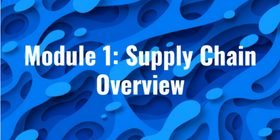
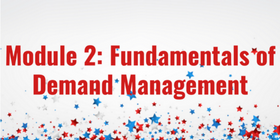
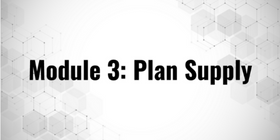

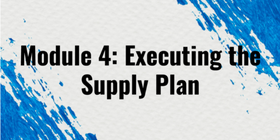
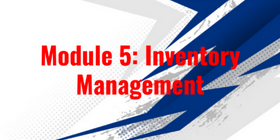
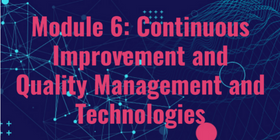

.jpg?width=280&height=140&name=Certified%20Supply%20Chain%20Professional-CSCP-Mock-Examination-01%20(1).jpg)
.jpg?width=280&height=140&name=Certified%20Supply%20Chain%20Professional-CSCP-Mock-Examination-02%20(1).jpg)
.jpg?width=280&height=140&name=Certified%20Supply%20Chain%20Professional-CSCP-Mock-Examination-03%20(1).jpg)
.jpg?width=280&height=140&name=Certified%20Supply%20Chain%20Professional-CSCP-Mock-Examination-04%20(1).jpg)
.jpg?width=280&height=140&name=Certified%20Supply%20Chain%20Professional-CSCP-Mock-Examination-05%20(1).jpg)
.jpg?width=280&height=140&name=Certified%20Supply%20Chain%20Professional-CSCP-Mock-Examination-06%20(1).jpg)
.jpg?width=280&height=140&name=Certified%20Supply%20Chain%20Professional-CSCP-Mock-Examination-07%20(1).jpg)
.jpg?width=280&height=140&name=Certified%20Supply%20Chain%20Professional-CSCP-Mock-Examination-08%20(2).jpg)
